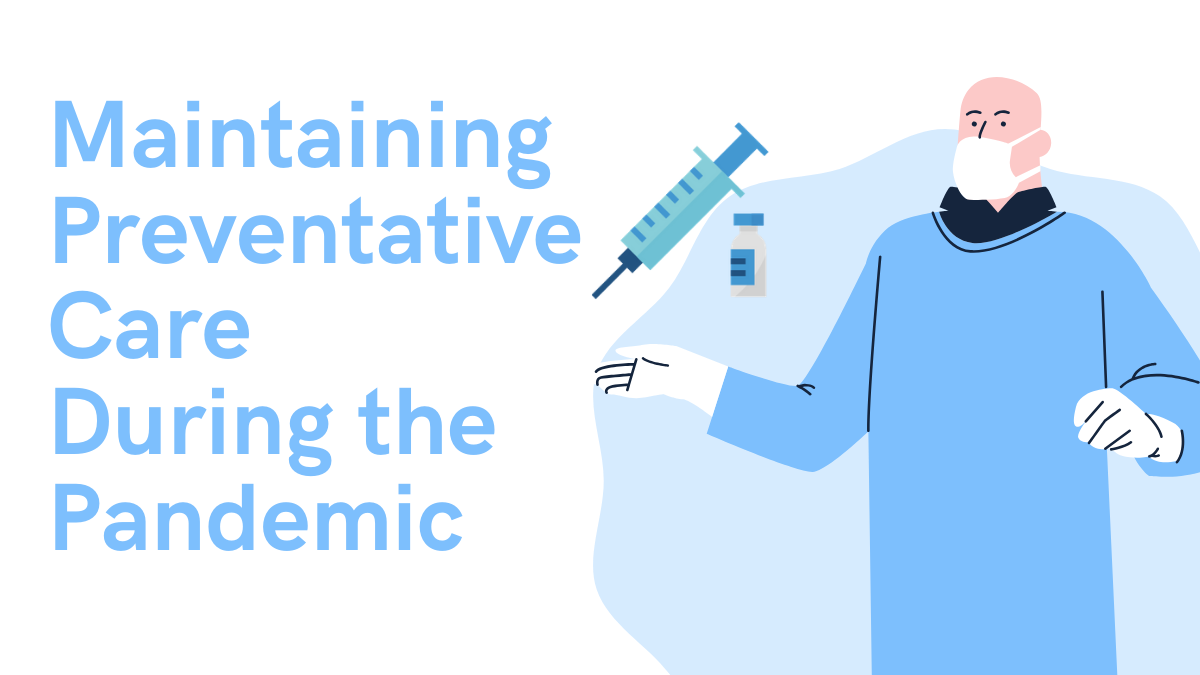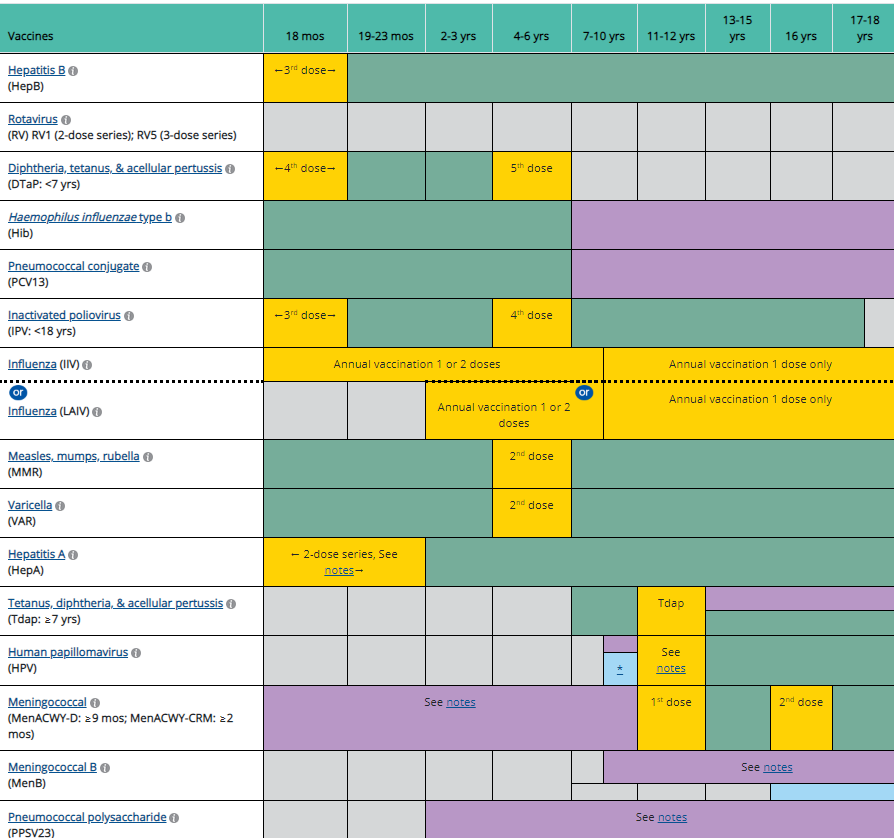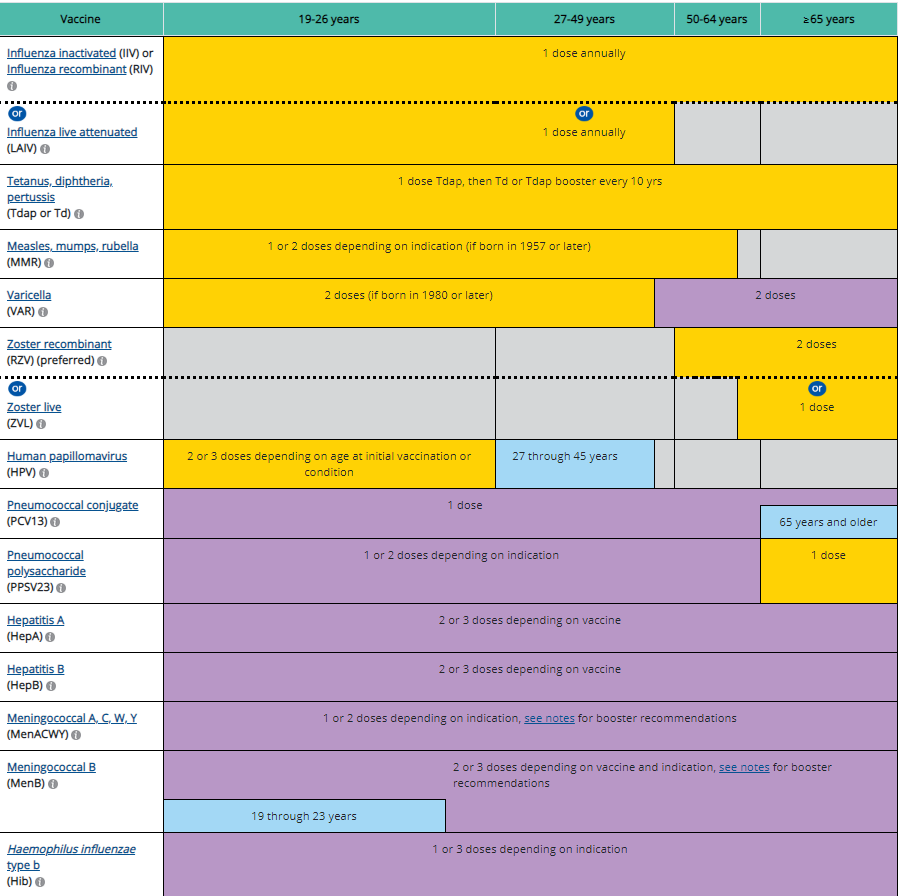Maintaining Preventative Care During the Pandemic
June 26, 2020

June 26, 2020
The race to work on a COVID-19 vaccine has put immunizations at the forefront of many headlines. But what about the other routine vaccinations recommended for most people?
As the COVID-19 pandemic ravages the healthcare system and hinders access to care for patients, routine preventive medical services and associated actions have taken a backseat. Preventative vaccinations have certainly not been immune to the consequences of reduced healthcare-seeking intention and use.
Patients and families may be increasingly concerned to utilize healthcare especially for preventative actions like keeping up with their immunization schedule. According to the California Department of Public Health, vaccinations for children decreased in April by more than 40% compared to last year. Hospitals, physicians’ offices, and other health centers may be falsely assumed to carry higher-risk for becoming infected with COVID-19, leading to a decrease in use of routine preventive medical services. However, with healthcare teams and centers taking substantial steps to ensure patient safety, people can keep up with well visits without fear of catching coronavirus. The CDC has updated guidance for healthcare providers that administer vaccines, and health centers are working to minimize chance of exposure. Now more than ever is it vital to keep up with immunizations.
There are many diseases and infections that can be prevented by following recommended guidance and an immunization schedule. You can find the appropriate immunization schedule as recommended by the CDC below:



As fall and the upcoming flu season approaches, becoming ill from COVID-19 and the flu presents a concern to public health. In fact, it is possible to become infected with COVID-19 and the flu at the same time. The CDC advises all people over 6 months of age get a yearly flu vaccine. In addition, the CDC says that getting a flu vaccine is important to be able to distinguish viral symptoms of COVID-19 and the flu. At this time, it appears that COVID-19 is more deadly than the seasonal flu, however, during the 2018-2019 season, it is estimated that 34,200 Americans lost their lives from the flu making prevention essential.
While the flu and pneumonia vaccines do not protect against COVID-19, bacteria that causes pneumonia persists outside of coronavirus. If you fall into any of the following groups, it is still recommended to get the pneumonia vaccine:
It is best to continue routine preventive healthcare like receiving recommended immunizations according to the appropriate schedule and your doctor’s advice than to risk becoming sick with an infection that could have been prevented especially during the pandemic. For more information and resources, please visit the links below: